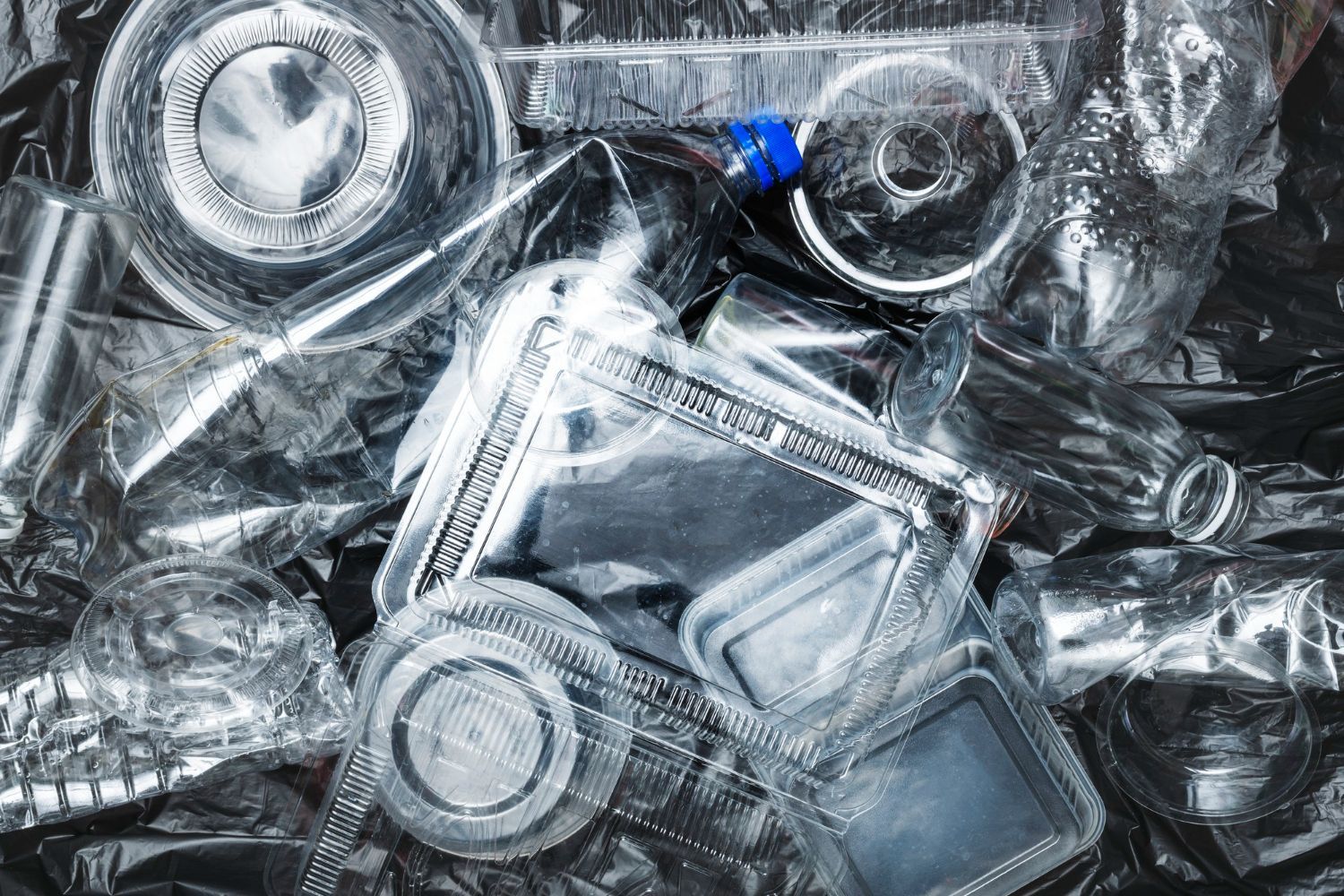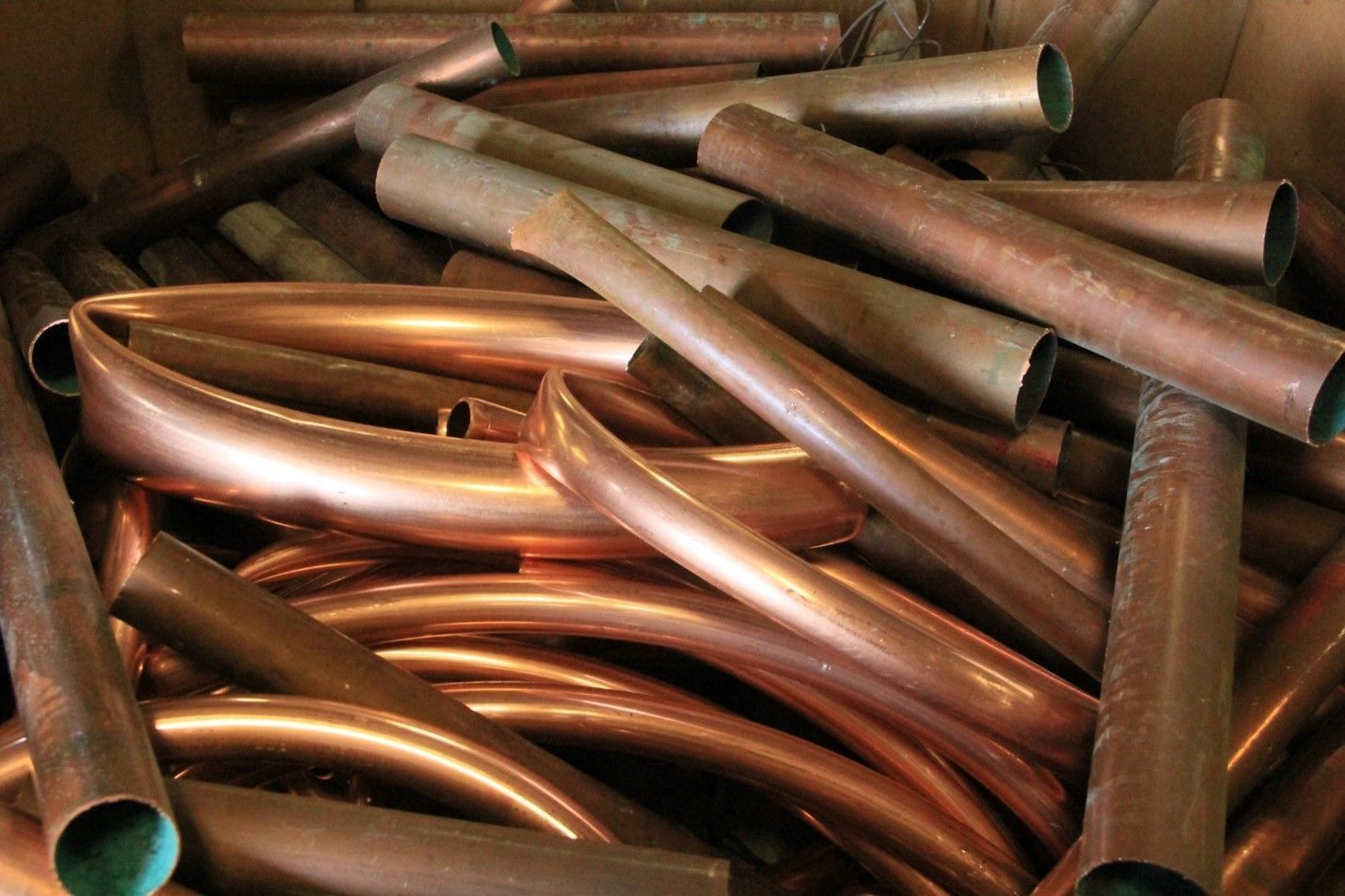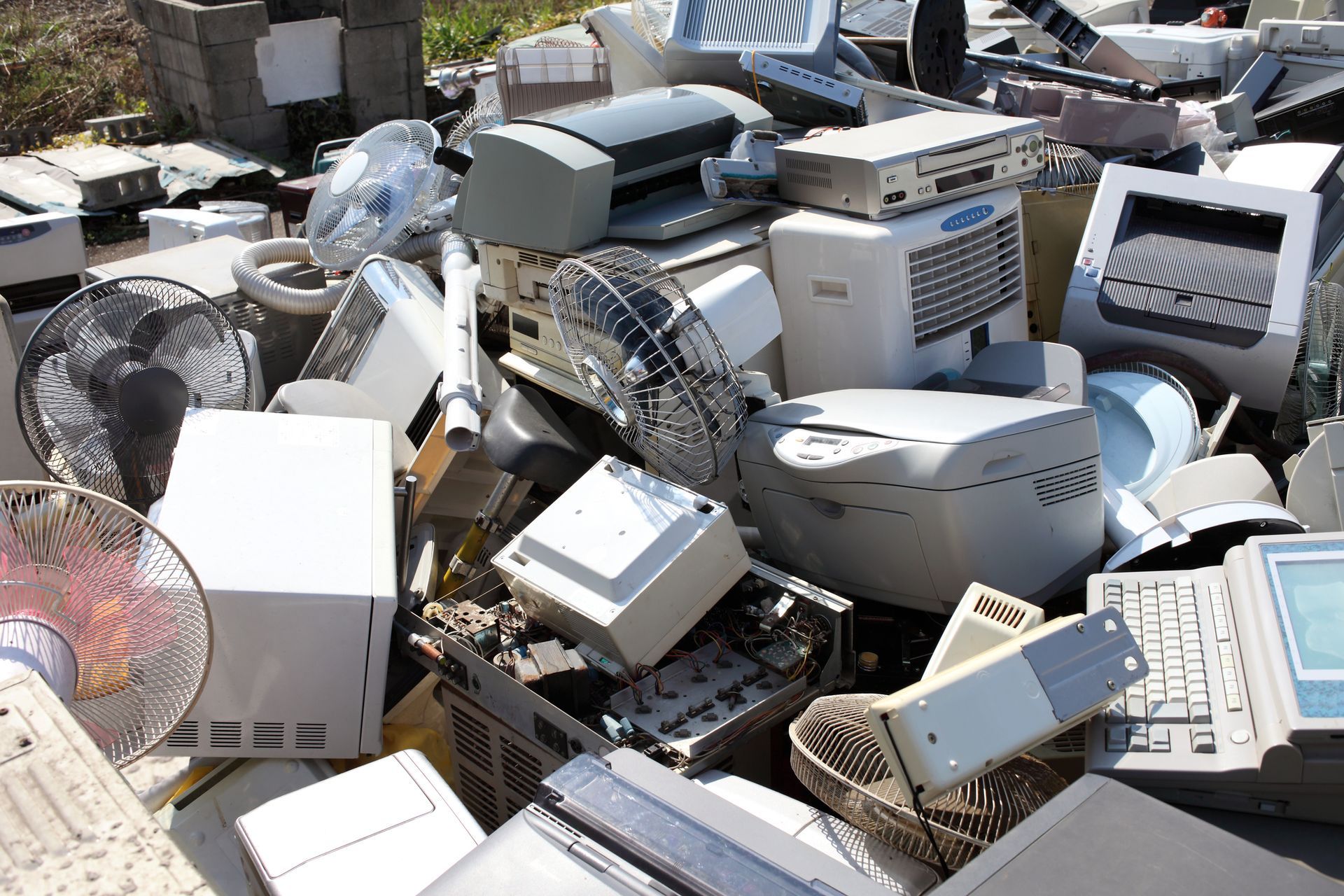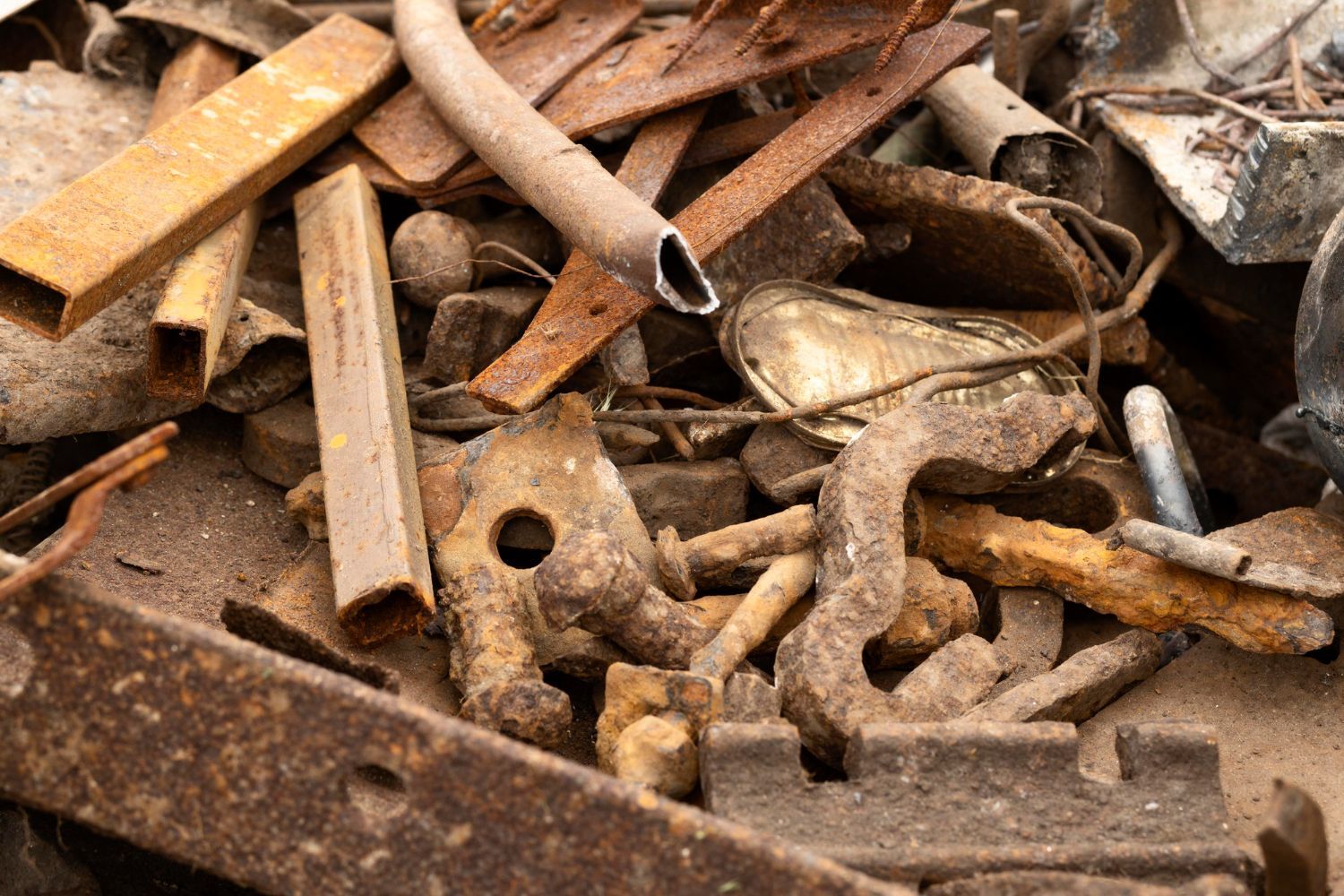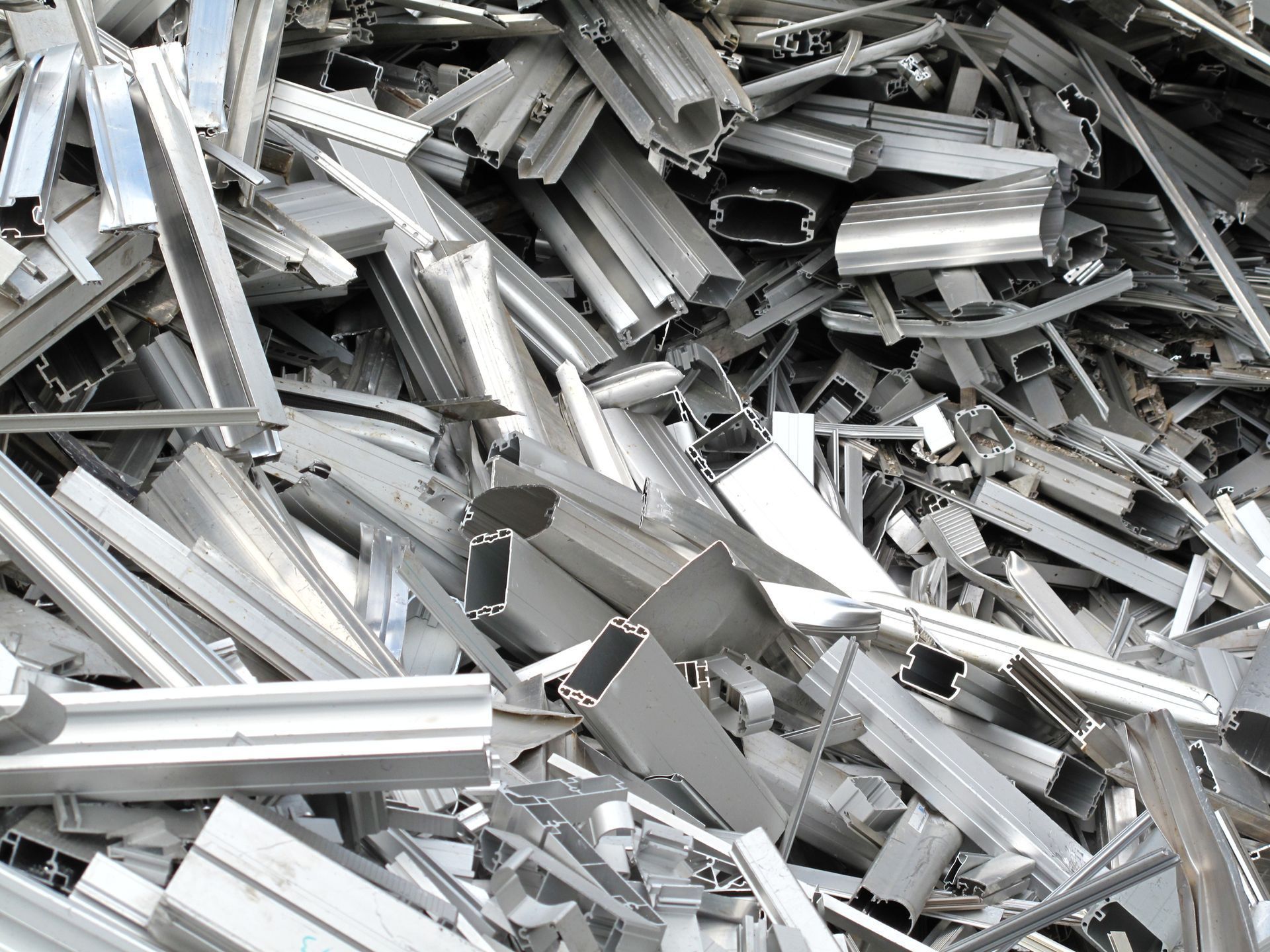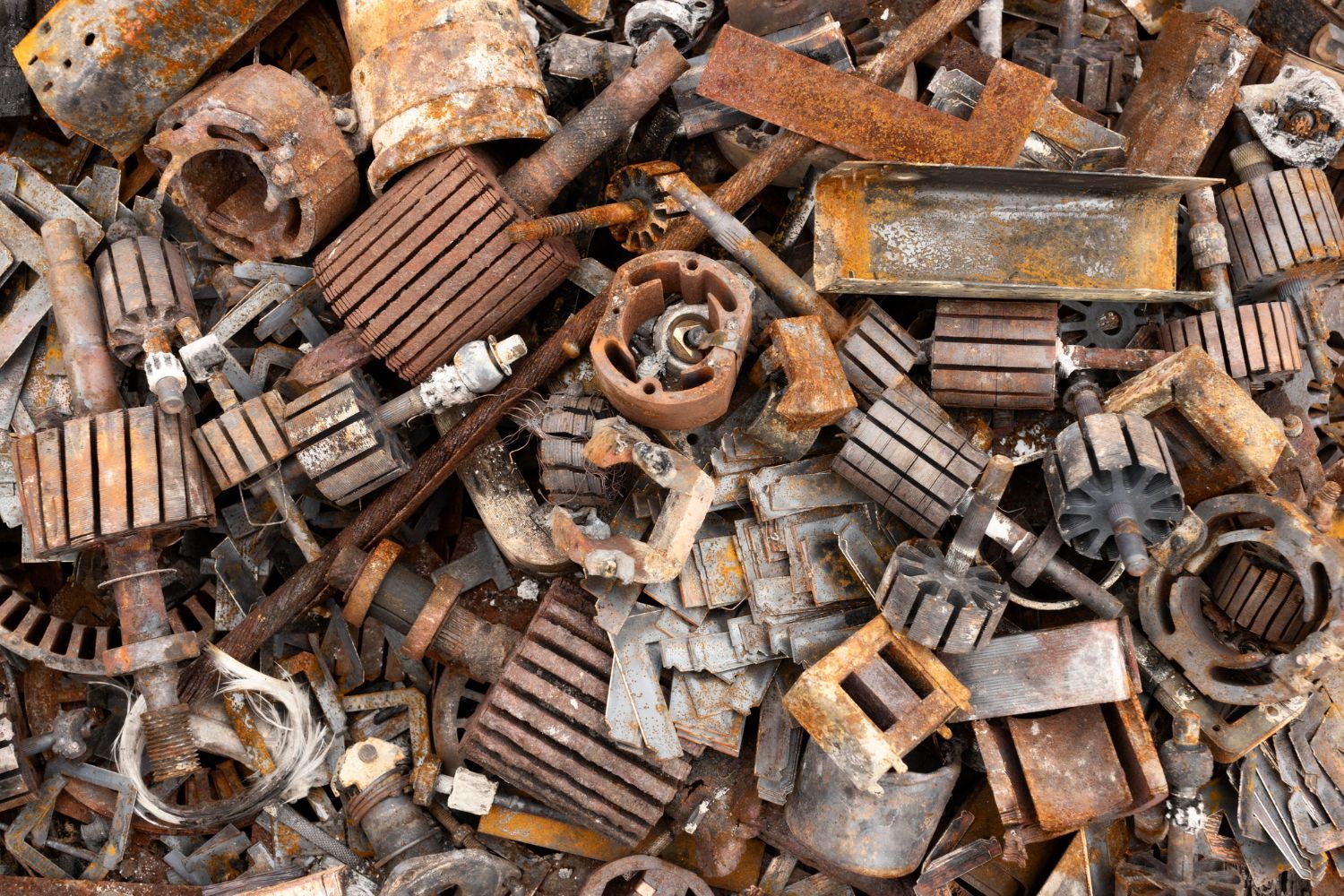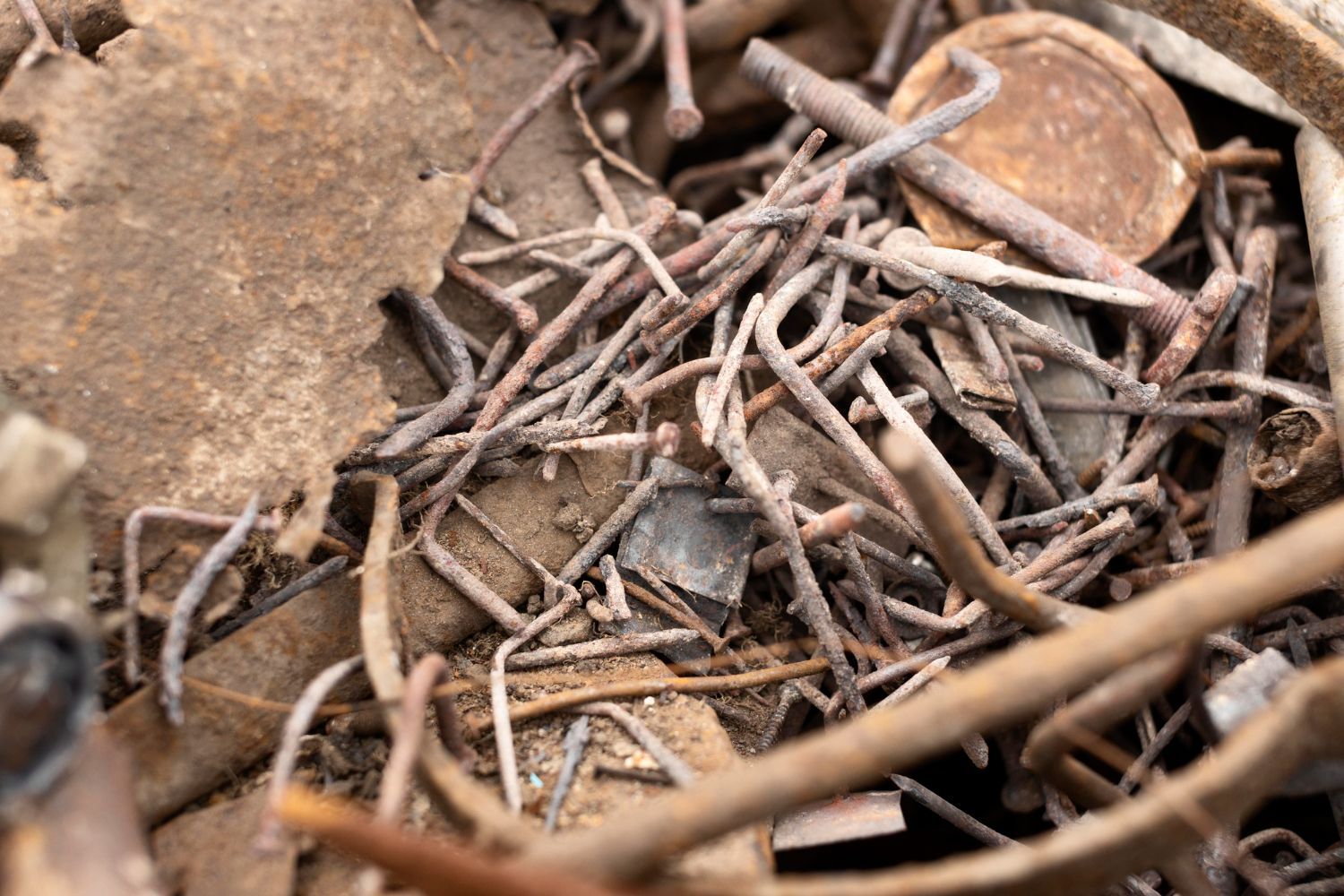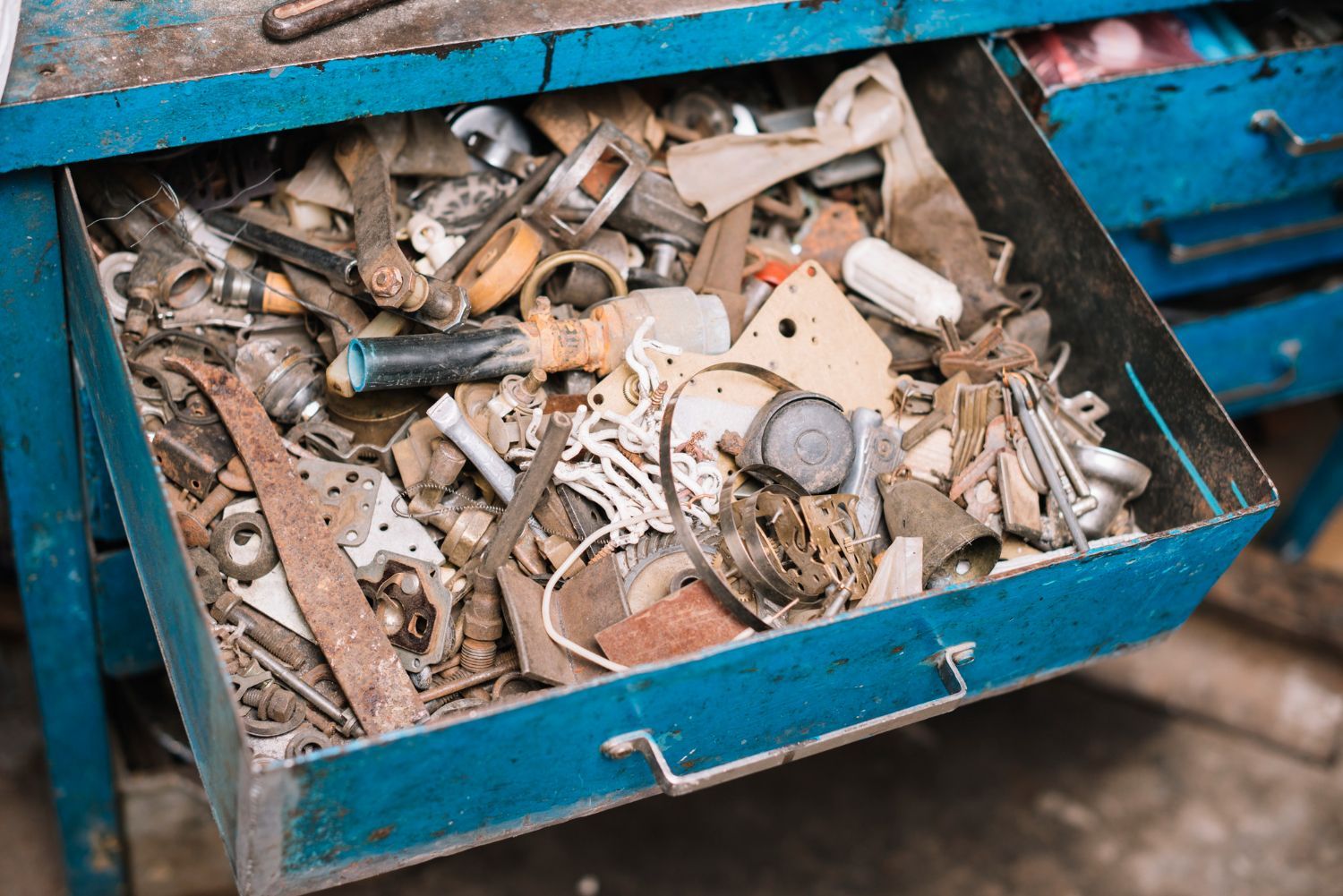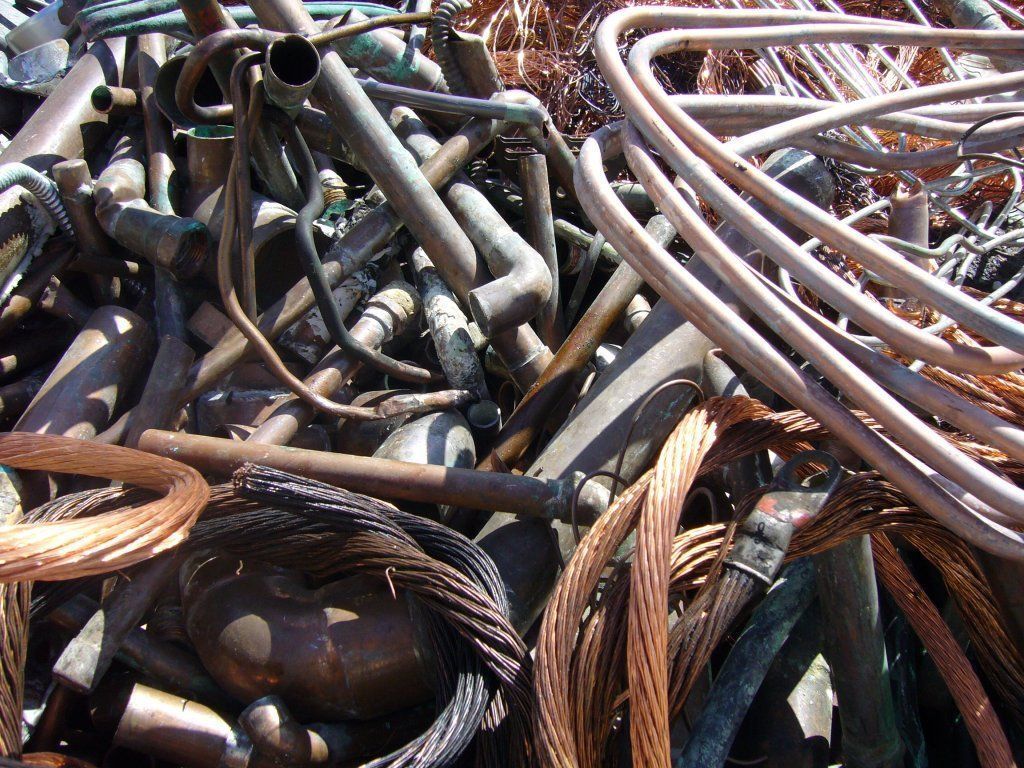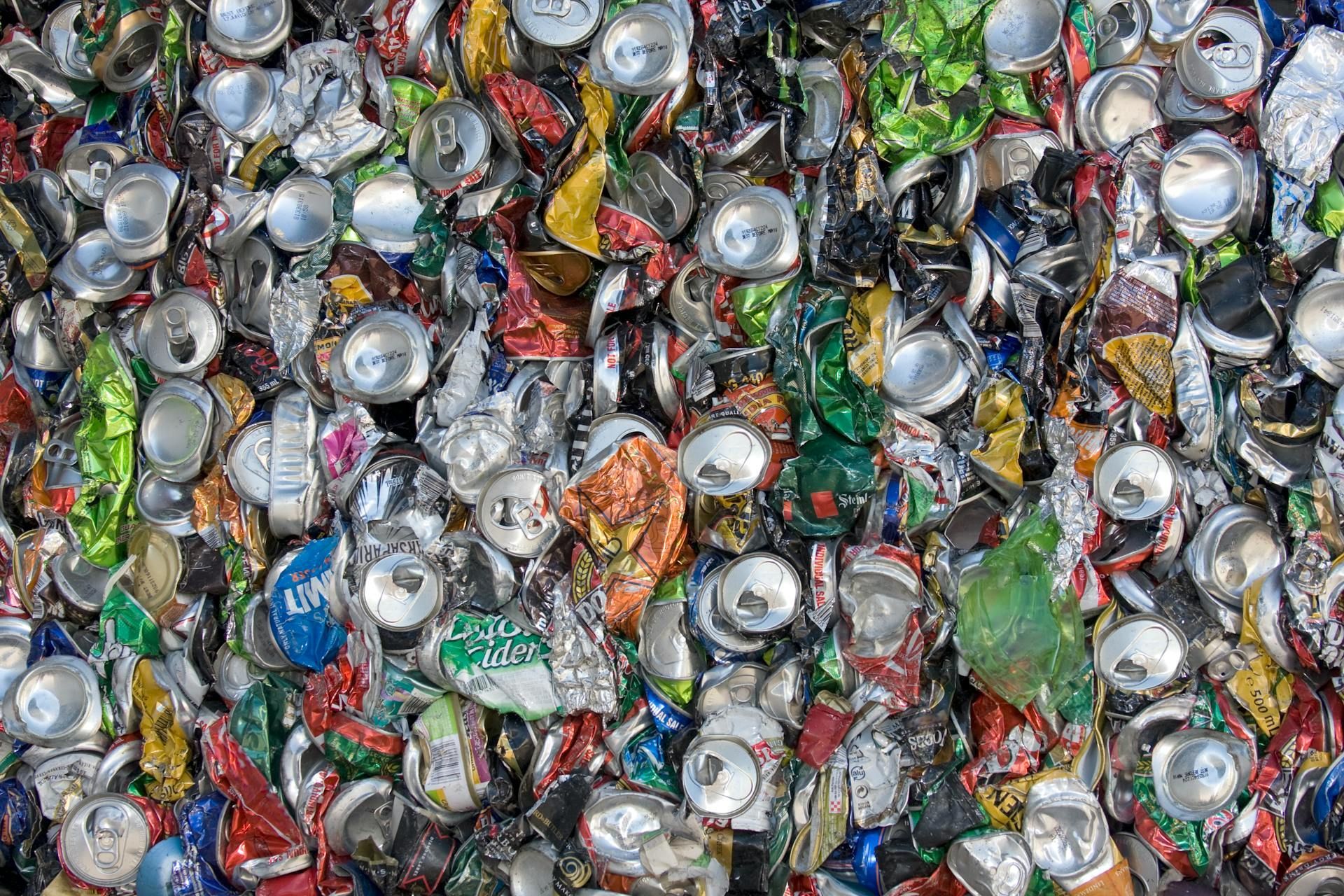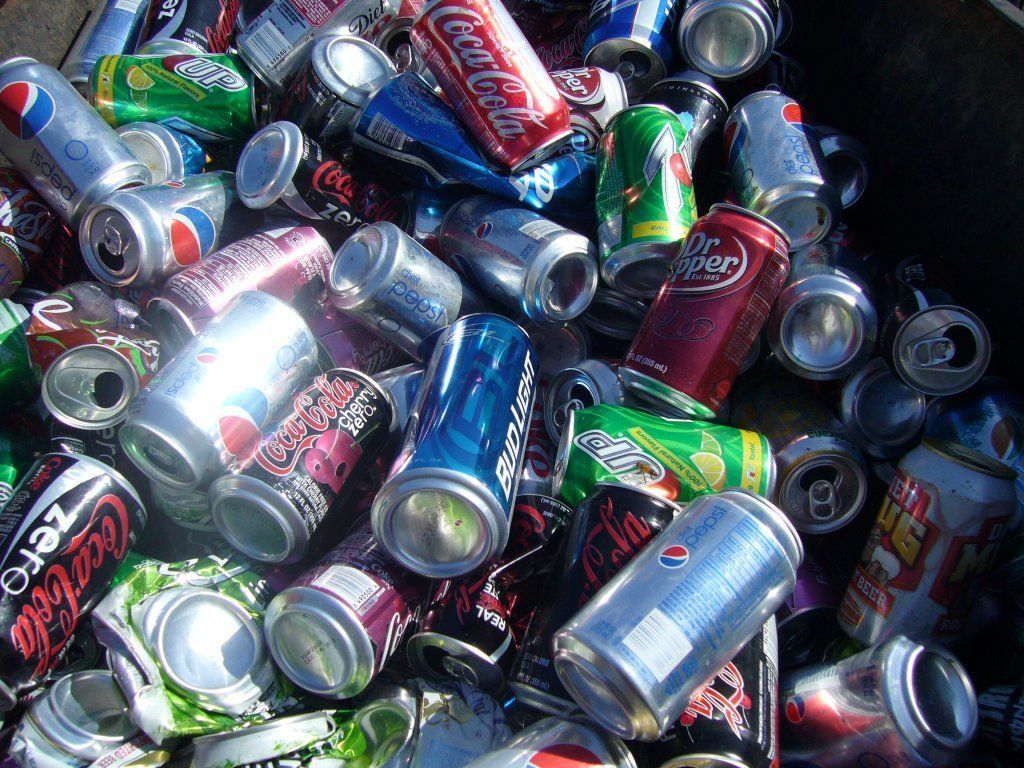What Equipment Do You Need to Begin Scrap Collecting?
Scrap collecting can be a lucrative side-project that carries the added benefit of helping the environment. But if you have never found, processed, and recycled scrap metal before, you may not know where to begin. Scrap collecting is a safe hobby for the prepared, and it doesn't need to be difficult. With the right equipment, you can improve your profit margins, save time, and work with metals responsibly.
1. Magnets
Ferrous metals contain iron, typically as a steel alloy. Iron is abundant, but that also makes it cheap. As a result, many scrappers instead pursue non-ferrous metals, which include copper, aluminum, brass, zinc, and precious metals. A magnet is your quickest way to distinguish between these two types of metals. If the magnet doesn't stick, you know you are probably looking at a more valuable material.
2. Metal Files
Metal often hides beneath a protective or decorative coating, such as paint or rubber. This is especially common for ferrous metals prone to rusting. Carrying a metal file provides a quick and easy way to scratch through surfaces and get to the metal below. You can then identify it by sight or use the magnet trick to determine its nature.
3. Hand Tools
You don't want to work metal with your bare hands, even if you mostly deal with fine electronics. Wires need to be cut, bolts need to be removed, and sometimes whole parts need to be knocked out of the way. A basic household toolkit containing a hammer, screwdriver, pliers, adjustable wrench, and pocket knife always comes in handy while collecting scrap metal.
4. Power Tools
Ferrous metals, in particular, are typically handled in bulk, requiring power tools to break apart and pack efficiently. In other cases, you may be able to sell non-ferrous metals for a higher price by first removing any other attached materials. Radiators, for example, are worth more without their steel or plastic end-pieces. Using a reciprocating saw to trim those excess parts can quickly increase the recycling value of many items.
5. Safety Gear
As you might expect from any work involving power tools, collecting scrap metal is not without its risks. Always bring basic safety equipment like gloves, goggles, work boots, and a first aid kit with you as you collect scrap. Be mindful of your surroundings, especially when electricity is a factor, and never try to use a tool you aren't proficient with. By knowing your limits and wearing protective gear, you can protect your eyes and fingers from accidents.
6. Transportation
Most regular scrap collectors need some form of wheeled transportation. The size of your car or truck should reflect the volume of metal you're working with. Hobbyists can get away with, but if you make recycling your business, you will need the power to carry hundreds if not thousands of pounds at a time. In general, it's best to start with a light, used pickup truck you don't mind scratching or denting.
Similarly, always head to a site with a way to get the metal to your truck. Scrap collectors who target high-value non-ferrous metals may be able to fit their haul in a small backpack. If, on the other hand, you are out collecting cans, you may do better with buckets. Hand trucks, ratchet straps, and a portable saw can all make moving metals a much simpler task.
7. Tools for Your Specialties
Over time, you will likely find a few scrap metal niches that make up the bulk of your recycling. Some collectors pick up old and unwanted electronics, while others dismantle old car parts or appliances. You might end up investing in a heavy-duty reciprocating saw or durable wire-strippers. However you contribute to metal recycling, you will gradually accumulate the right set of tools for your specific trade.




